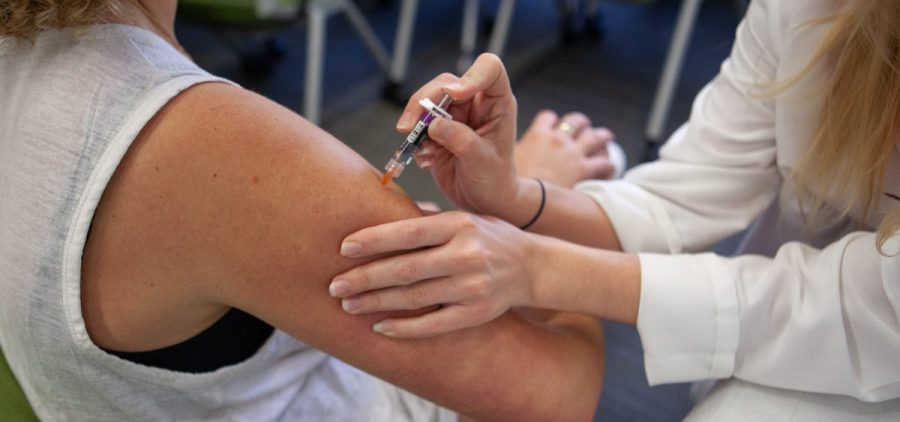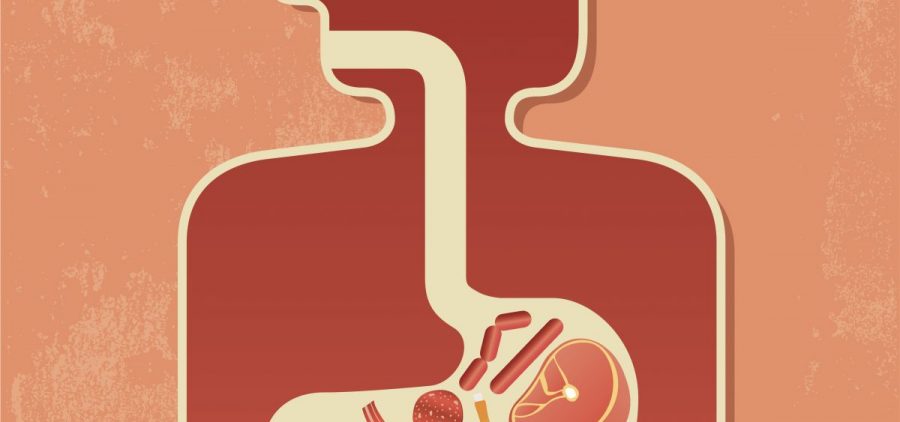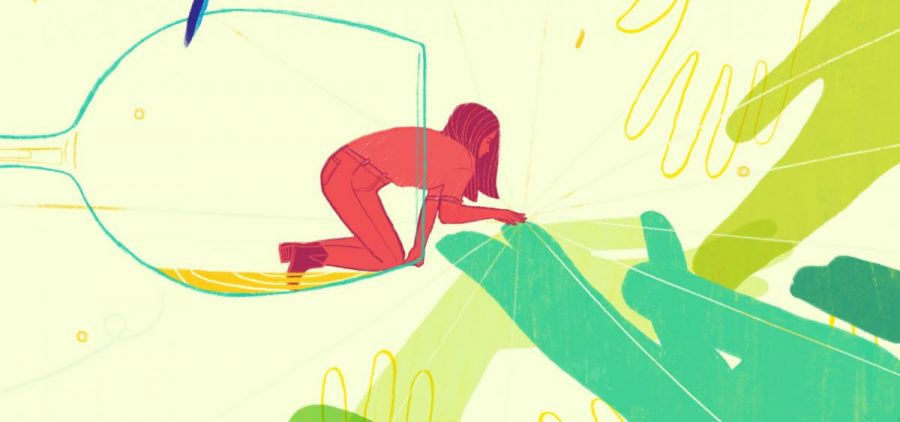You are viewing the "Allison Aubrey | NPR" Archives

Think You Don’t Need A Flu Shot? Here Are 5 Reasons To Change Your Mind
By: Allison Aubrey | NPR
Posted on:
College students are among the least likely to get vaccinated against the flu, which killed more than 80,000 people last winter. Experts say the reasons are a combination of fear and misperception.

Diet Hit A Snag? Your Gut Bacteria May Be Partly To Blame
By: Allison Aubrey | NPR
Posted on:
Scientists are learning more about how our gut microbes may influence dieting. A small new study finds successful dieters have a different mix of bacteria than less-successful dieters.

Red Meat Allergies Caused By Tick Bites Are On The Rise
By: Allison Aubrey | NPR
Posted on:
If you are bitten by a Lone Star tick, you could develop an unusual allergy to red meat. And as this tick’s territory spreads beyond the Southeast, the allergy seems to be spreading with it.

1 In 3 Adults In The U.S. Takes Medications Linked To Depression
By: Allison Aubrey | NPR
Posted on:
Depression is a possible side effect of 200 medications. Now, a new study finds people who take these drugs are, in fact, more likely to be depressed. The more drugs you take, the higher the risk.

Now That Calorie Labels Are Federal Law, Will We Eat Less?
By: Allison Aubrey | NPR
Posted on:
Starting Monday, all restaurant chains with 20 or more locations must post calorie counts on menus. Research suggests this information helps diners cut back on calories in small ways that add up.

Lyme Disease Is On The Rise Again. Here’s How To Prevent It
By: Allison Aubrey | NPR
Posted on:
The tick-borne illness is spreading north and south — about 300,000 U.S. cases a year. As scientists work on better diagnostic tests and surveillance tools, you can take steps to cut your risk.

Anxiety Relief Without The High? New Studies On CBD, A Cannabis Extract
By: Allison Aubrey | NPR
Posted on:
An FDA advisory committee last week urged approval of a drug containing cannabidiol to treat a form of epilepsy. Other scientists wonder if CBD might ease anxiety or other disorders, too.

Is Alcohol A Problem? Online Tool Helps Assess Risk And Find Help
By: Allison Aubrey | NPR
Posted on:
Treatment for alcohol problems isn’t a one-size-fits-all approach. The NIH has launched a navigator site that can help figure out the scope of the problem and find evidence-based treatment options.

